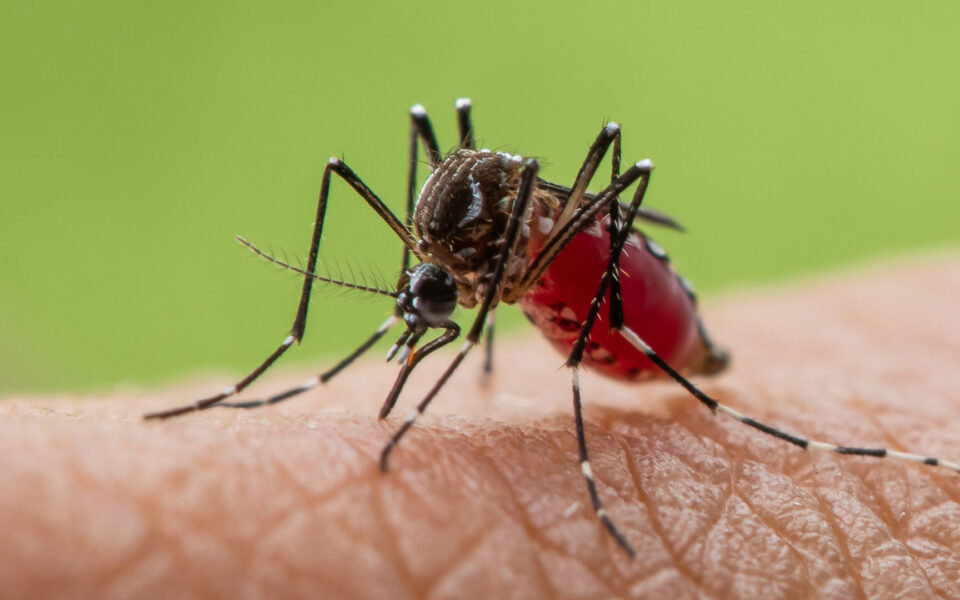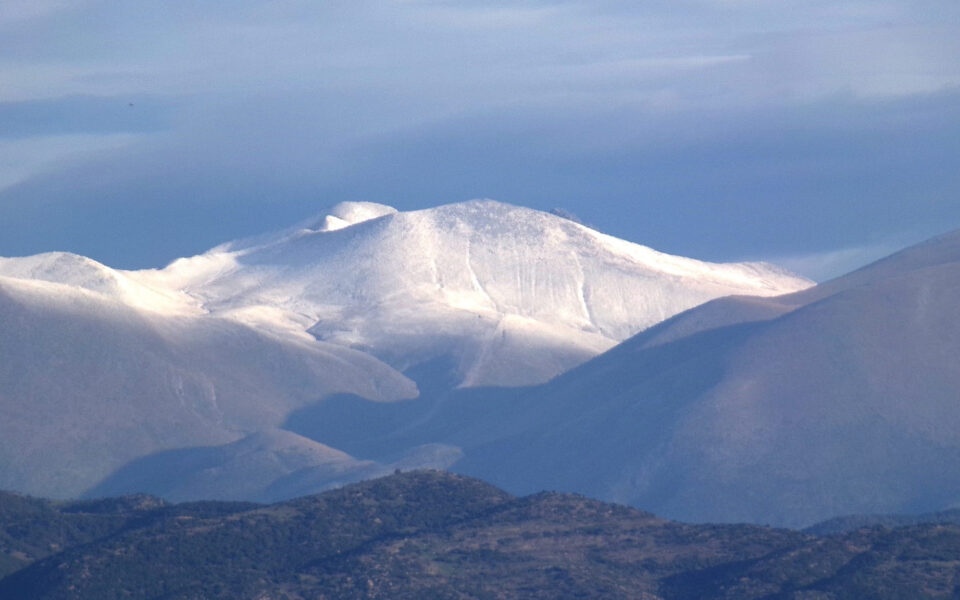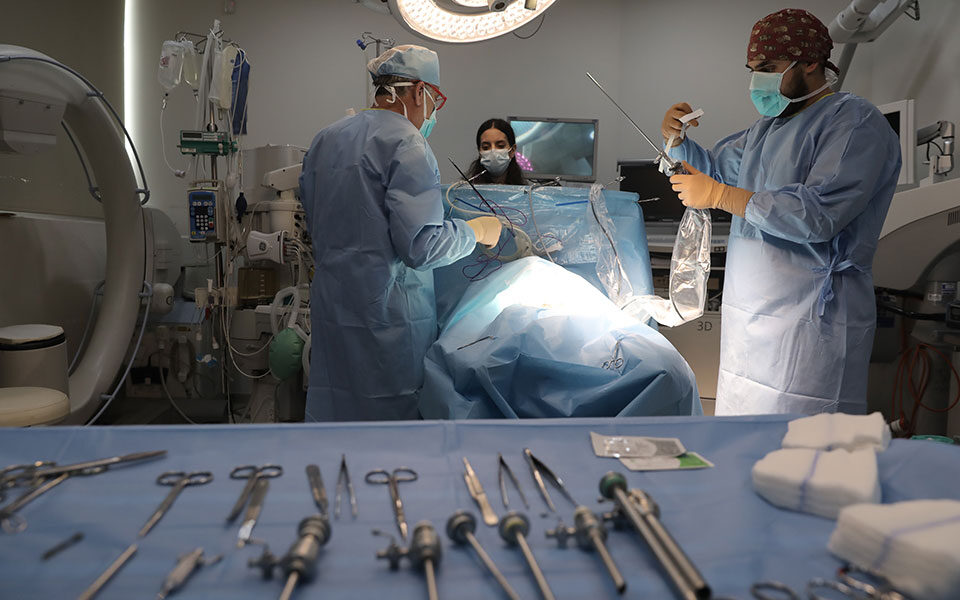Australia records another 20 COVID-19 deaths, one in 10 people overdue for vaccine booster shot


More COVID-19-related deaths have been recorded in Australia’s, as Victoria signals vaccine mandates could soon be a thing of the past and a Senate estimates hearing is told one in 10 people are overdue for their vaccine booster.
There were a further 24,151 COVID-19 cases in NSW — almost 5,000 more than Tuesday when the state reported 19,183 new infections.
Victoria recorded 12,150 new coronavirus infections; there were 8,534 in Queensland, and 2,408 in Tasmania.
In NSW, there are 1,444 people with COVID-19 in hospitals across the state, including 51 in intensive care units (ICU).
Some 331 patients with the virus are hospitalised in Victoria, including 16 in ICU; 468 people are in Queensland hospitals, including 14 in ICU, and 39 are hospitalised in Tasmania, including one in ICU.
The state’s hospitals are bracing for 500 or more patients a day with the virus at the height of the
, according to Health Minister Martin Foley.
However, overall daily case numbers are harder to predict because of factors including the number of people getting tested and those who are asymptomatic.
With cases still rising through April, Victoria will not yet be following Queensland’s lead and dropping the vaccine mandate, Mr Foley and Premier Daniel Andrews told reporters on Wednesday.
However, it could be removed once infections start falling again.
“Let’s get through these next few weeks, let’s get past this peak in sub-variant Omicron cases and then we’ll have options,” Mr Andrews said.
“One of those, hopefully, will be dealing with things like the vaccinated economy and all sorts of other rules.”
Thousands receive winter COVID-19 boosters
More than 14,000 winter booster doses have been administered since the rollout began this week.
The rollout of the fourth COVID-19 vaccine dose, or second booster, to elderly and vulnerable Australians began on Monday, ahead of a predicted surge in infections during winter.
The head of Australia’s vaccine rollout, Lieutenant General John Frewen, told a Senate estimates hearing on Wednesday there had been 14,300 winter booster doses given in just the first two days.
There were 6600 doses administered on Monday, with a further 7,700 given out on Tuesday.
However, Lieutenant General Frewen told the hearing that more people over 65 had already received their fourth dose before the Monday rollout due to being immunocompromised and needing an additional dose in their initial course.
He said more than 100,000 winter doses had been given as a result, with more than 60,000 of those being over 65, while there have been 1696 doses given to Indigenous Australians over 50.
The estimates hearing was told more than 11 per cent of the eligible population had yet to receive their third dose.
Lieutenant General Frewen said there had been a range of reasons why some people were shunning the booster take-up.
“There is both elements of some confusion and elements of some complacency,” he said.
“It comes (down) to people no longer as fearful of Omicron as they were with previous variants. People have had it and have moved on and thought no big deal.”
Lieutenant General Frewen said Australia was ranked 22nd out of OECD countries for the booster rollout.
He told estimates the rate was due to the booster rollout starting later than other countries and other nations using different metrics for the rollout.
Australia’s OECD ranking for two doses is fifth.
“Originally we were much lower down the OECD rankings for two doses, and as our rollout has proceeded, we’ve climbed right to the heights,” he said.
“We will see that through the booster program as well.”
Australia in ‘strong position’ to handle winter case surge
Despite the potential for a surge in COVID cases in winter thanks to new variants, chief medical officer Paul Kelly said Australia was in a good position to handle it.
“While there may be challenges ahead, I see no reason why, even with the easing of restrictions, the strong position in Australia will not likely change over the winter months,” he said.
“The 2022 winter season may well present challenges to health systems, healthcare providers, aged care and disability care residents, communities and the economy.”
While Professor Kelly said the threat of a new variant was a possibility, Australia would be prepared to handle the situation.
“Work is well underway in all states and territories … to prepare our healthcare system for the likely co-circulation of COVID-19 and influenza,” he said.
“The general principle will be to move away from reducing COVID-19 transmission to protecting people at higher risk of developing severe disease, essentially reducing harm.”
Queensland, Northern Territory ease restrictions
It comes after Prime Minister Scott Morrison on Tuesday urged states and territories to ease COVID-19 isolation rules, as two jurisdictions dropped some restrictions.
Mr Morrison said it was ultimately a decision for premiers to make, but they needed to weigh up the economic consequences of keeping the current rules in place.
“I have always been a fan of these isolation rules being eased,” Mr Morrison told reporters in Sydney on Tuesday.
“I know the impact it has on the economy — of people not being able to go to work, the impact on caring for children, and the disruption it has.”
The Northern Territory on Tuesday scrapped the vaccine pass for entertainment venues. The change means those who are unvaccinated against COVID-19 can again enter bars, pubs, nightclubs, restaurants, casinos, cinemas and theatres.
Queensland made a similar move. From 14 April, those who are unvaccinated will be welcomed at pubs, clubs, cafés and restaurants across the state.
Vaccine mandates will also be a thing of the past at casinos and cinemas, weddings, showgrounds, galleries, libraries, museums and stadiums.
The requirement to check-in at these venues will also be scrapped.
However, mandates will still apply to visitors and workers in vulnerable settings including hospitals, aged and disability care, prisons, schools and early childhood centres.





